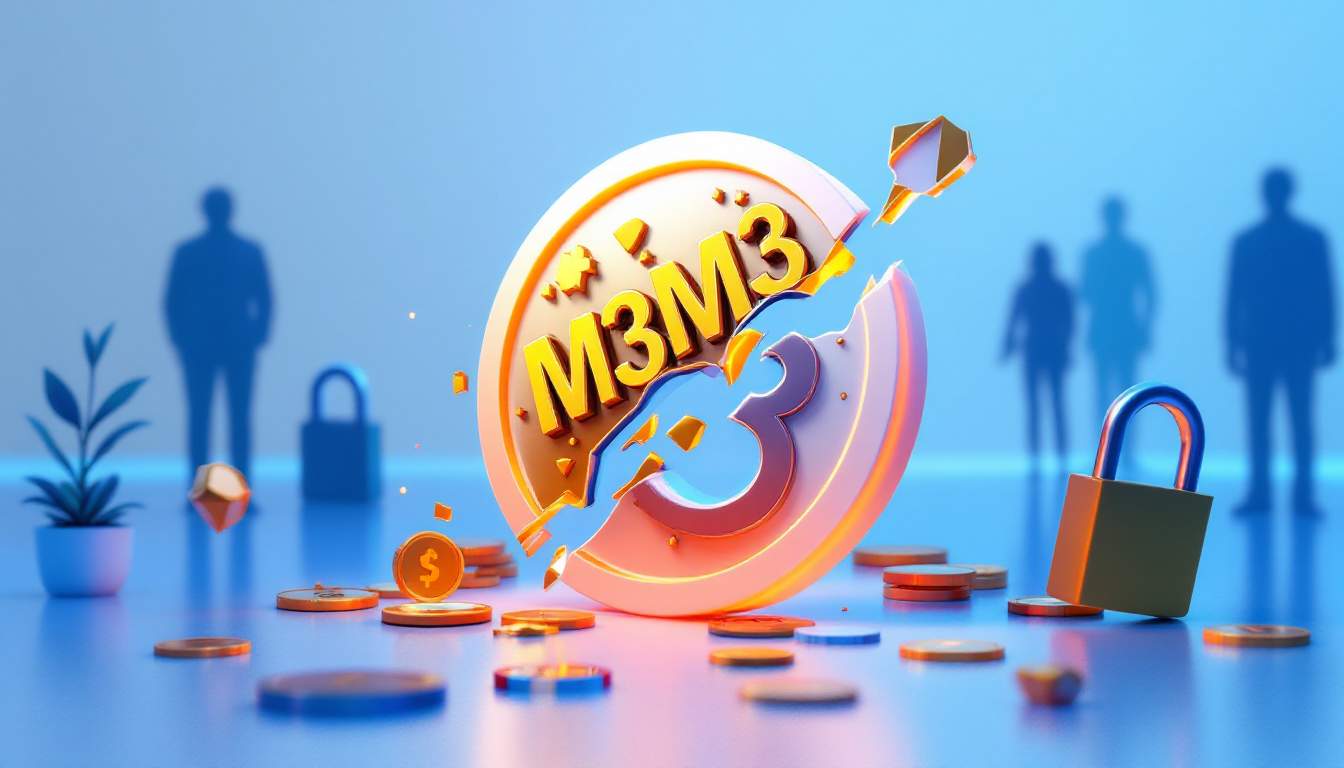The M3M3 token, linked to the Solana-based decentralized exchange Meteora, faced severe backlash after a class-action lawsuit surfaced. What exactly happened during the launch?
What Allegations Are Being Made Against the M3M3 Token Launch?
Allegations of insider manipulation have rocked the launch of the M3M3 token. The lawsuit claims that CEO Benjamin Chow and venture firm Kelsier Labs played pivotal roles in orchestrating fraudulent practices. Insiders are accused of artificially inflating the token's price by securing an overwhelming 95% of its supply through over 150 wallets, which they used to manipulate trading and ultimately profit from public investors.
What Impact Did the Launch Have on Retail Investors?
For many retail investors, the fallout has been financially devastating. According to the lawsuit, unsuspecting investors were led to believe that the M3M3 token represented a viable alternative to the "pump-and-dump" culture typically associated with meme coins. The project was marketed under the pretense of providing transparent long-term value, promising staking rewards sourced from transaction fees on the Meteora platform.
However, the reality unfolded differently. Just days after launch, the token's value tanked as insiders dumped their holdings, leaving retail investors reeling. This incident has heightened concerns about the risks of investing in cryptocurrencies that lack effective regulatory frameworks.
What Are the Legal Ramifications Following the Lawsuit?
The class-action lawsuit seeks not only to reclaim losses for investors but also to push for a new classification of stake-based meme tokens. If successful, these tokens would be deemed securities, subjecting them to more stringent regulatory scrutiny.
This case may set a legal precedent for future token classifications, impacting the regulatory landscape for crypto startups. The SEC's recent comments about classifying meme coins as collectibles rather than securities suggest a need for clearer definitions. A ruling favoring the plaintiffs could usher in greater accountability for token issuers and better protections for investors.
What Could the Incident Mean for Future Crypto Regulations?
The events surrounding the M3M3 token crash highlight the urgent need for clearer regulations in the cryptocurrency space. The implications for retail investors are significant, especially in light of insider manipulation. Increasingly, there are calls for regulators to step up measures to improve transparency and protect investors. The SEC's recent hints at a more collaborative regulatory approach signal that changes may be on the horizon, aimed at fostering innovation while also safeguarding investors.
Potential regulatory changes could include clearer asset classifications, enhanced anti-fraud measures, and more stringent disclosure requirements for token issuers. By laying down a framework that promotes responsible practices, regulators could help restore investor confidence and mitigate the risks linked to speculative investments.
How Can Investor Protection Be Strengthened in DeFi Entities?
To fortify investor protection in decentralized finance (DeFi) projects, several essential strategies can be employed:
-
Immutable Transaction History: Blockchain technology offers an immutable transaction history, allowing users to track fund movements and verify financial activities. This transparency can counteract insider manipulation and foster accountability.
-
Community-Driven Governance: Distributing decision-making power amongst token holders can limit insider manipulation. This collective governance encourages fairness for all stakeholders.
-
Regular Security Audits: Conducting thorough audits of smart contracts can expose vulnerabilities that insiders may exploit. Transparency in audit outcomes and keeping codebases open-sourced facilitates community scrutiny.
-
Anti-Money Laundering (AML) Compliance: Implementing AML policies for DeFi platforms can deter illicit activities that could harm investors. Regular external audits can assess compliance efficacy.
-
Risk Assessment Frameworks: Comprehensive frameworks can provide timely assessments of risks across DeFi protocols, allowing early identification and mitigation of insider risks.
Together, these measures can ensure that financial activities are observable and accountable, shifting from centralized insider control to a more collective influence. This transformation is crucial for rebuilding retail investor trust and ensuring the cryptocurrency market's sustainability.






